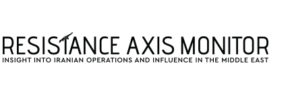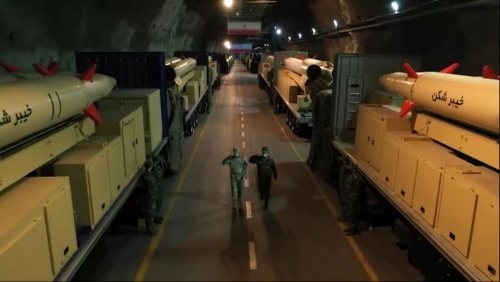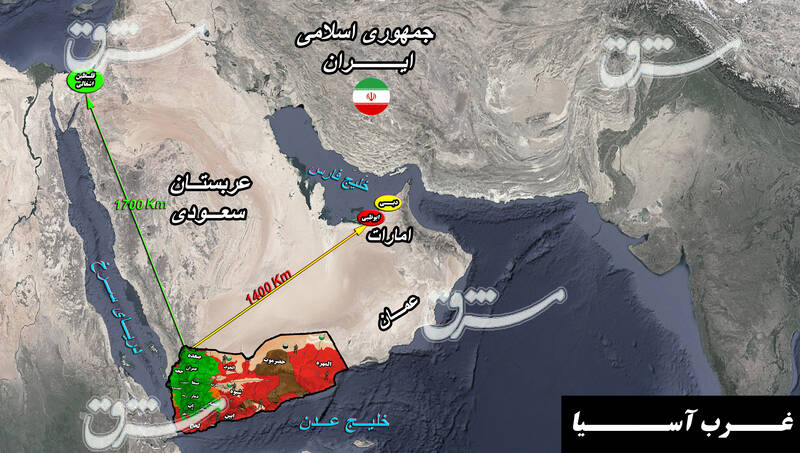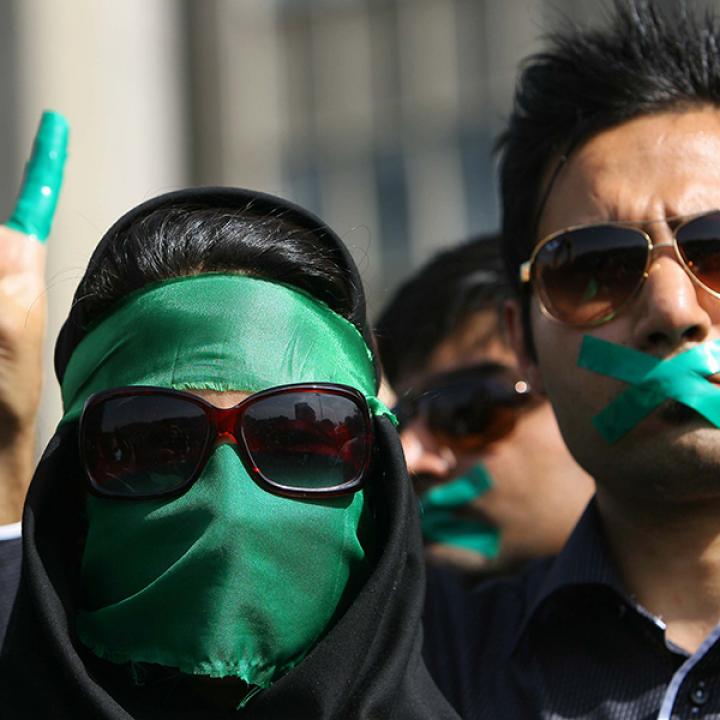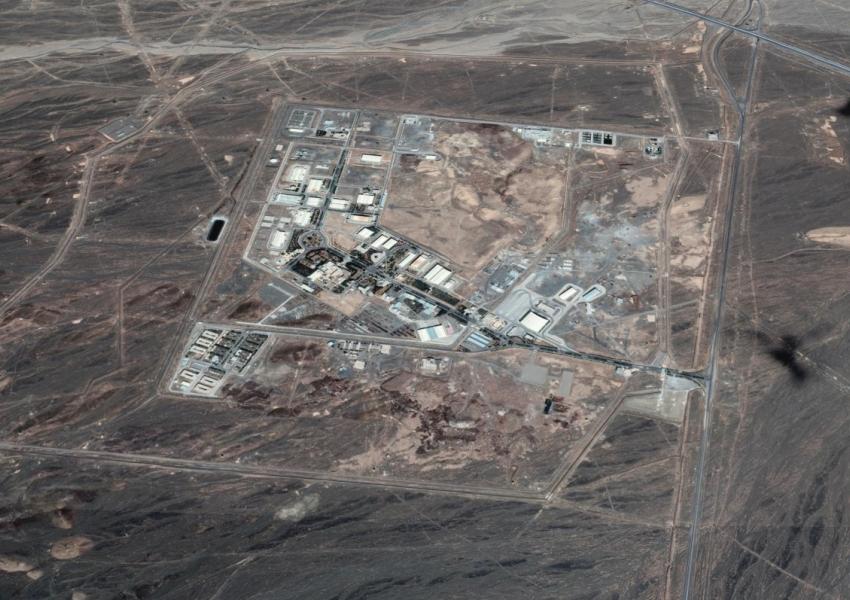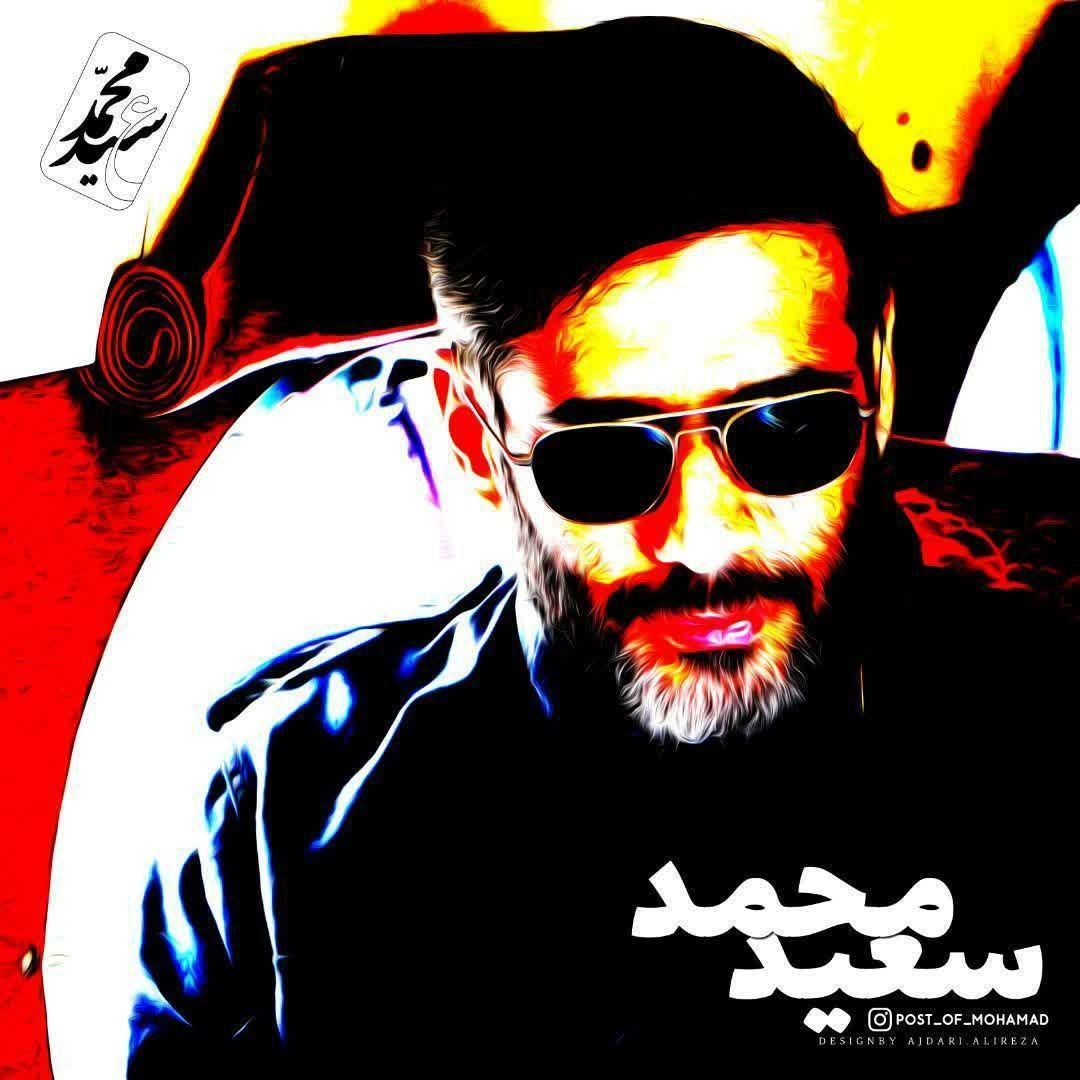Chief of recently established Iran law enforcement intelligence organization meets with top intelligence chiefs; Sadr meets with Qods Force chief; Hezbollah outlets amplify Israeli report on group’s anti-aircraft capabilities
Author: admin
Bulletin 20 Jan – 2 Feb 2022
Iran reactions to Ansar Allah (Huthi) attacks on UAE; Iraq-based militia claims drone strike on UAE; Ansar Allah-aligned Yemeni official says Huthis are able to strike Israel
Iran’s Law Enforcement Shuffle Reflects Concern About Protests
This analysis originally appeared in The Washington Institute For Near East Policy on January 5, 2022. The Supreme Leader and the IRGC are asserting more control over the task of monitoring and managing protest movements, creating yet another intelligence agency in the process. On December 8, Iran announced that it had restructured its national police force, a pillar of the regime’s internal security apparatus. Among other decisions, the organization’s name was changed from the Law Enforcement Force to the Law Enforcement Command (LEC). The addition of “Command” means that the…
Iranian Perceptions of the U.S. Soft Power Threat
To understand Iranian anxieties about Western cultural invasion, one need look no further than Psychological Operations Quarterly, a journal published until recently by the IRGC’s Social-Cultural Directorate. Focusing on the “soft war” waged by various Western entities, the periodical covers such material as supposedly anti-Iranian films (Alexander, The Wrestler, Argo), the relationship between McDonald’s franchises and the fall of the Soviet Union, and the harm done by English-language textbooks to the Iranian mind. Since 1979, in response to such perceived threats, the Islamic Republic has intensified enforcement of morality laws, purged professors from universities,…
Soleimani’s Shadow: The Fatemiyoun Division and Iranian Proxy Warfare Propoganda
Abstract Thousands of ethnic Afghan foreign fighters with the Iranian-backed Fatemiyoun Division and Zeynabiyoun Brigade have fought and died in Syria’s civil war over the last decade. Shia fighters from Afghanistan and Pakistan have been critical not only to Iran’s successful quest to restore Syrian President Bashar al Assad’s regime, but as an asset for Tehran in its fight for regional primacy against Israel and other rivals. Fatemiyoun fighters will continue to serve on the frontlines of Iran’s proxy wars across the Middle East long into the future. This report…
Bulletin 4 – 14 April 2021
Natanz Nuclear Facility Sabotage Raises Questions About Extent of Damage, Infiltration in Security Forces, Talks in Vienna
Bulletin 22 March – 3 April 2021
Controversy over alleged misconduct of presidential hopeful, former IRGC engineering arm chief; several IRGC commanders sentenced to prison on corruption charge; official discuses $450 billion in China cooperation agreement
Bulletin 27 Feb – 21 March 2021
Two IRGC members including special forces officer killed in Syria; officials hint at Iranian support of Yemeni Ansarallah; official IRGC weekly sharply criticizes Ahmadinejad
Hezbollah is using propaganda to cover its deterrence deficit with Israel
This article originally appeared in the Atlantic Council’s MENASource on March 12, 2021. Tensions between Lebanese militant group Hezbollah and Israel have elevated since the July 20, 2020 Israeli airstrike on Damascus that killed the group’s fighter Ali Kamel Mohsen. Hezbollah should have avenged Mohsen by now and its continued failure to do so is creating a growing “deterrence deficit” vis-à-vis Israel. Hezbollah will likely use armed force to bridge this gap when more opportune conditions arise in Lebanon. Until then, the group is using propaganda to maintain the impression that its…
Bulletin 10 – 26 Feb 2021
At least one confirmed killed in US airstrike in Syria in response to Erbil rocket strikes; IRGC-Backed Iraqi group claims attack on Turkish forces, but not confirmation yet; joint Iran-Russia naval drill in Arabian Sea
